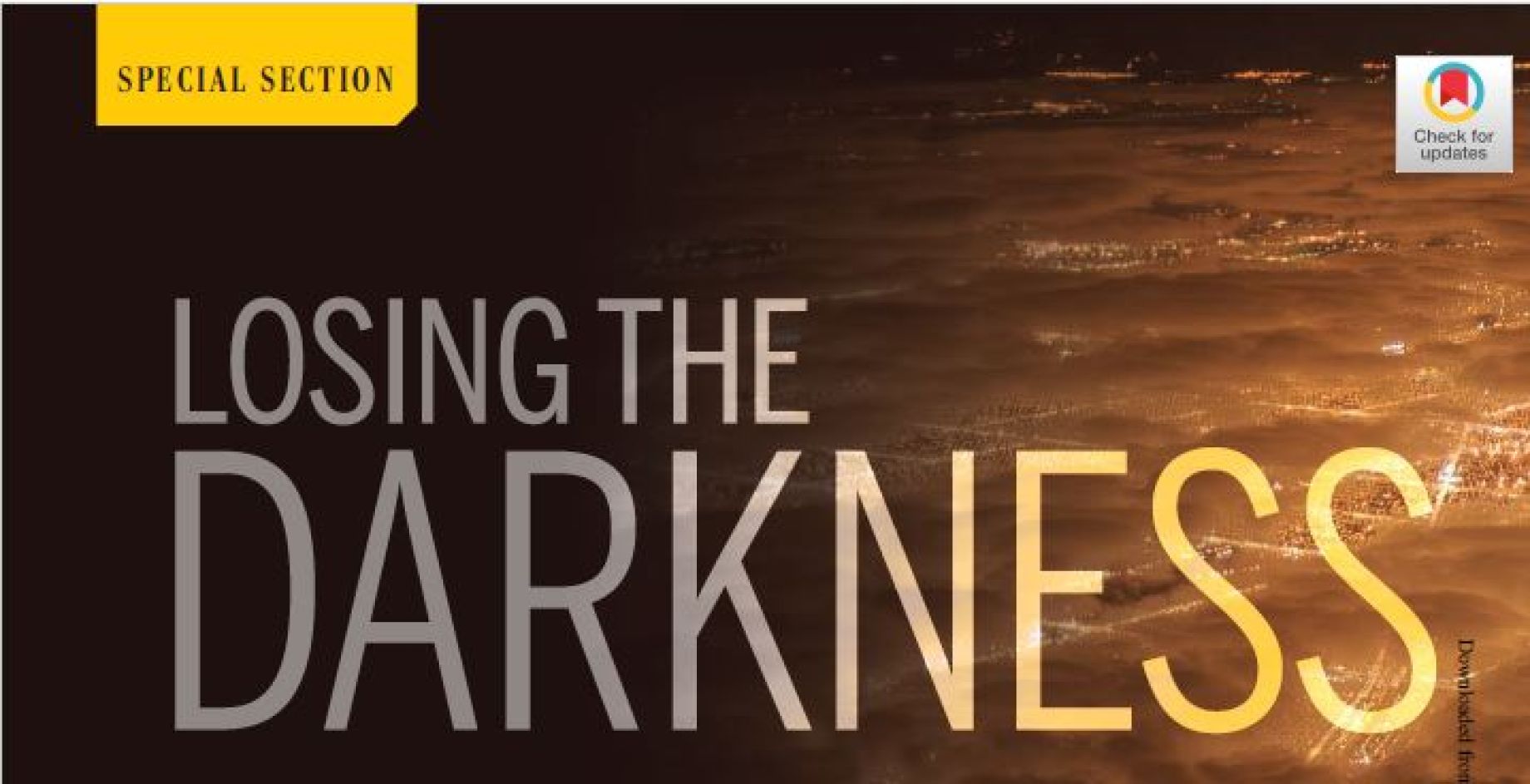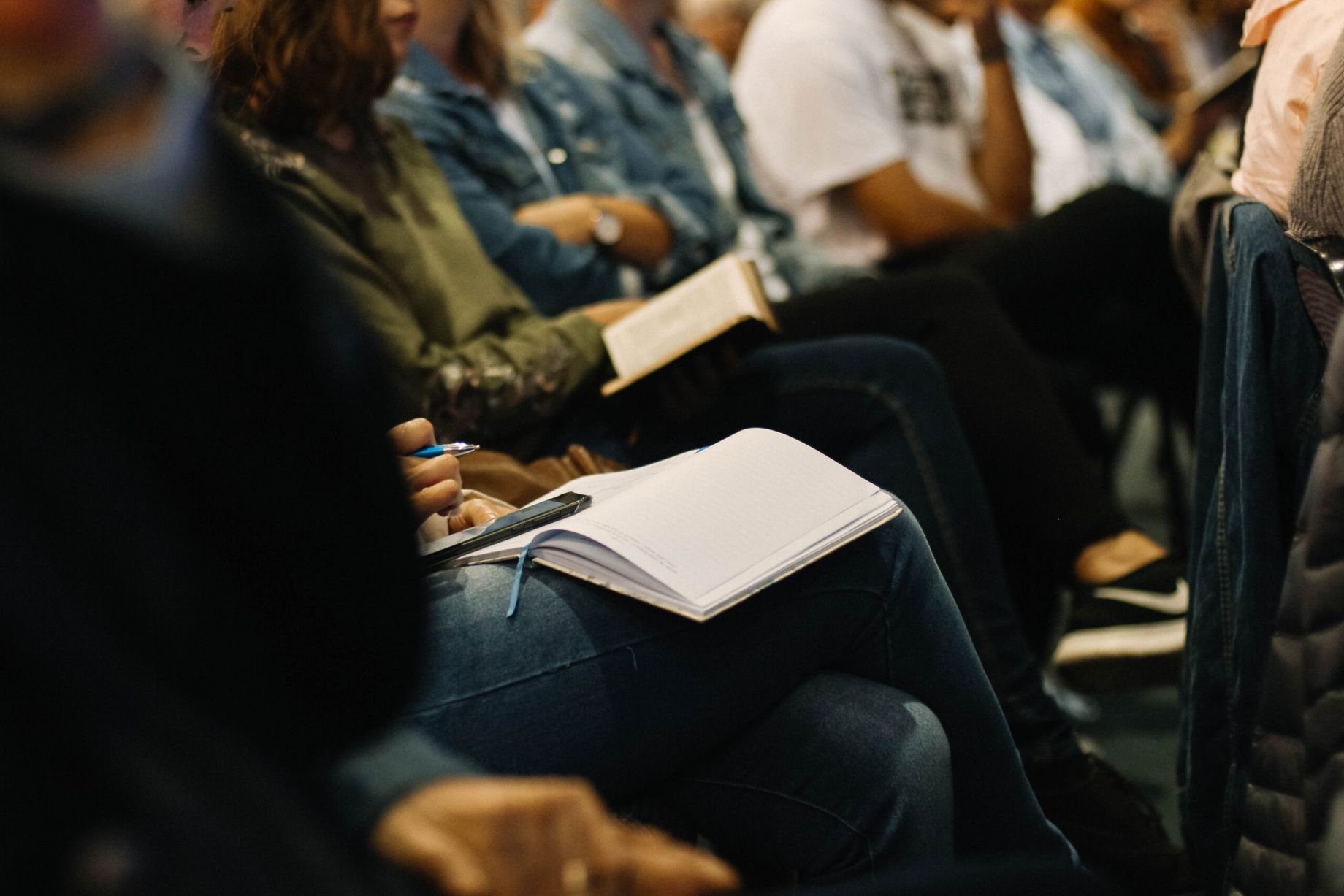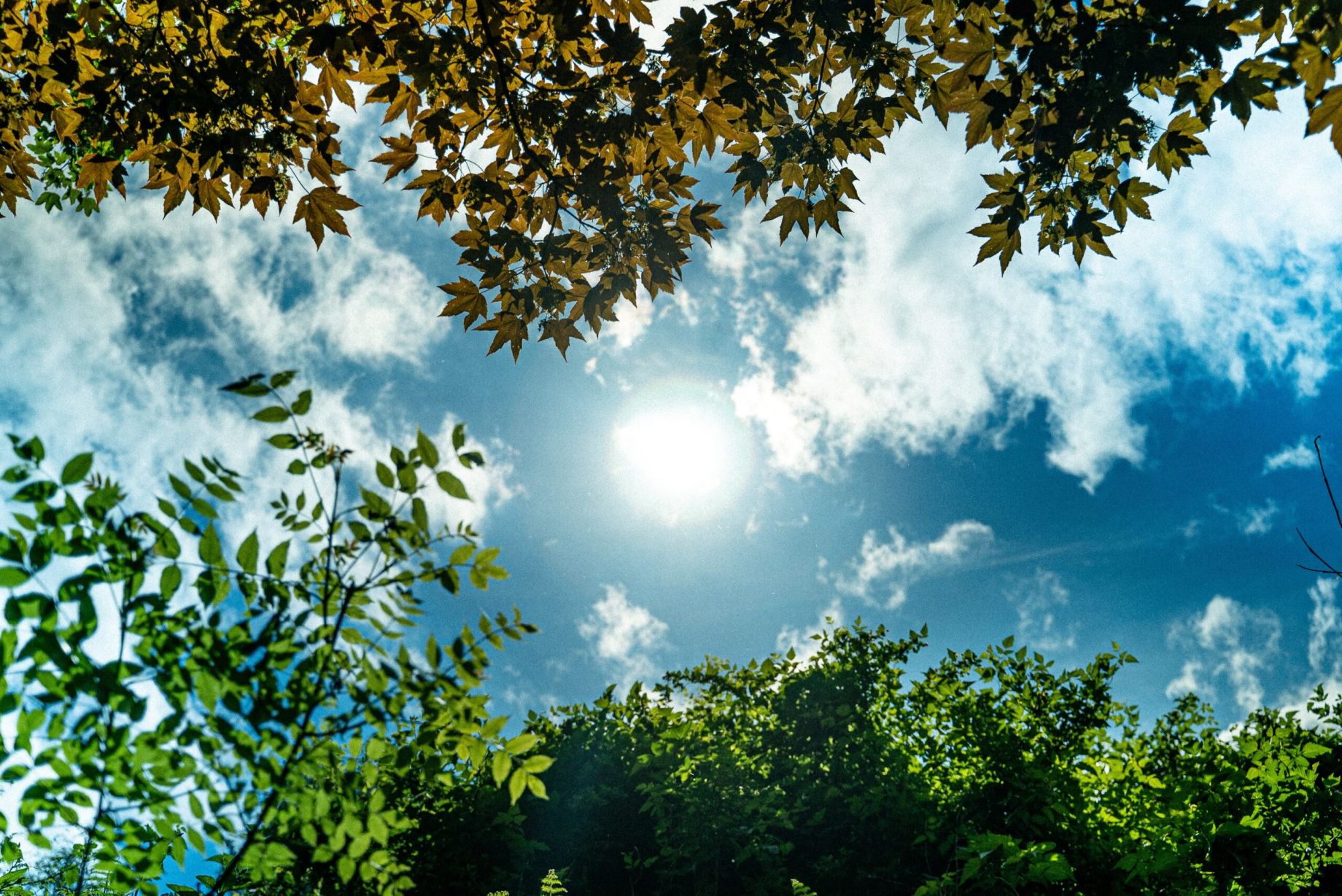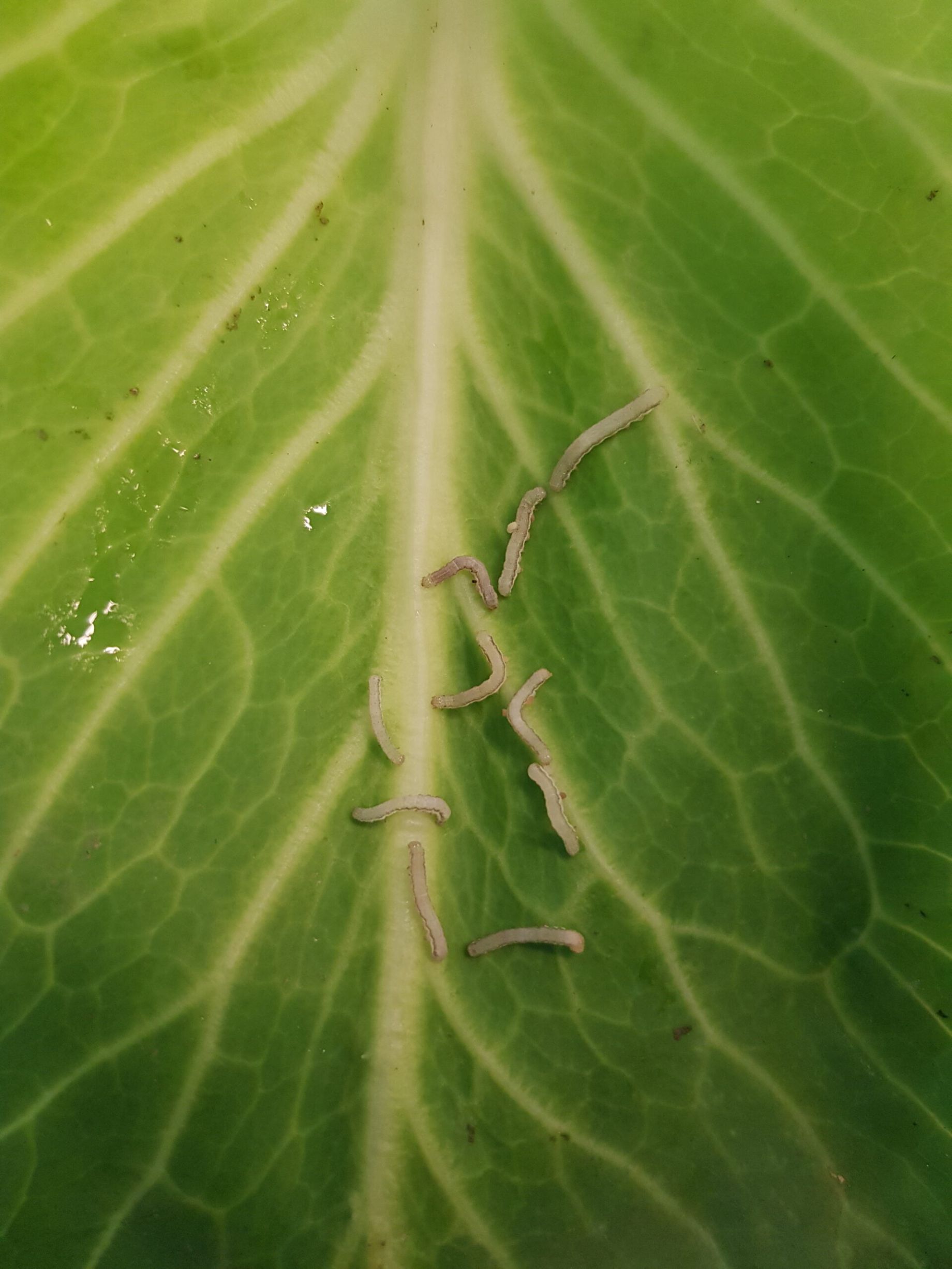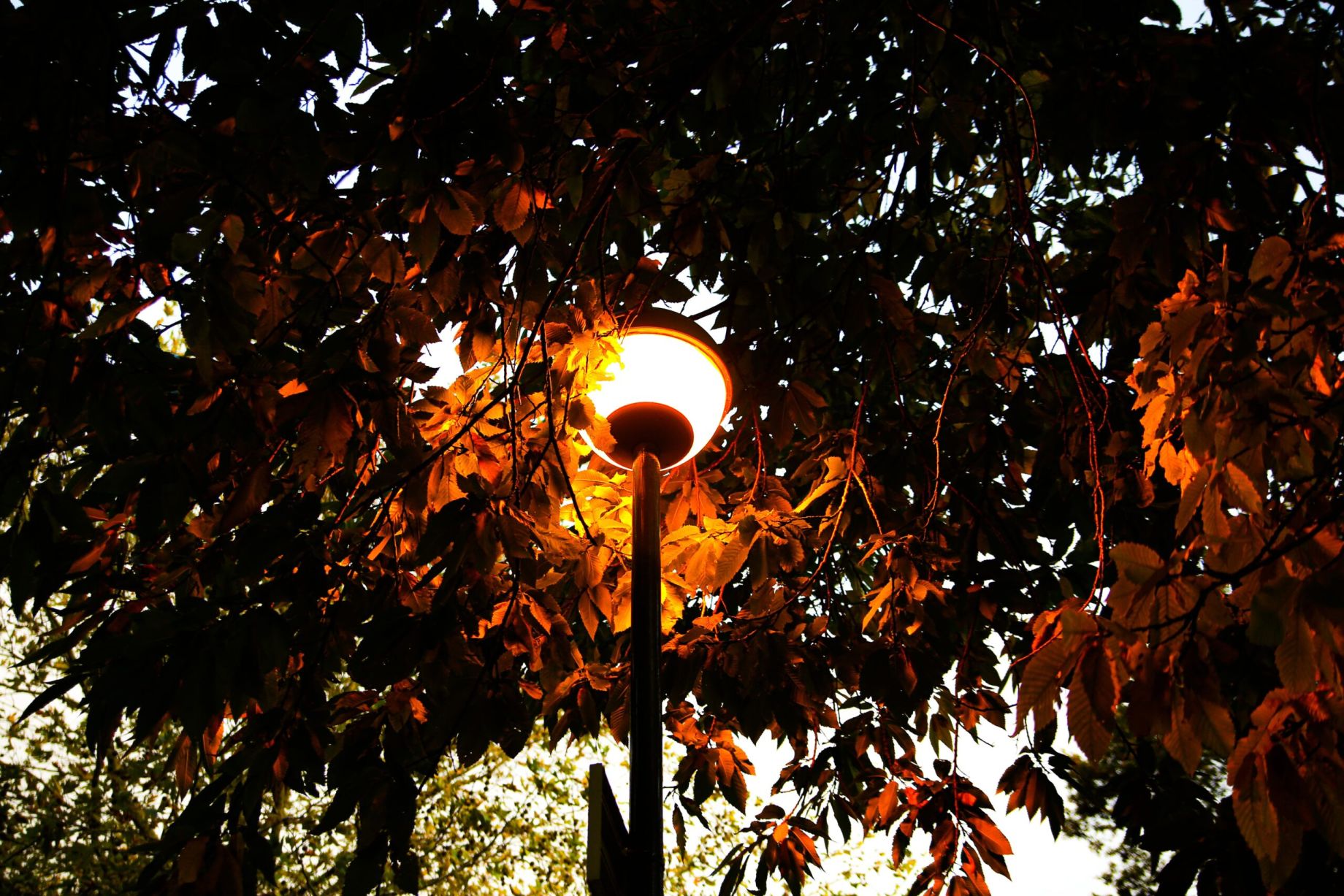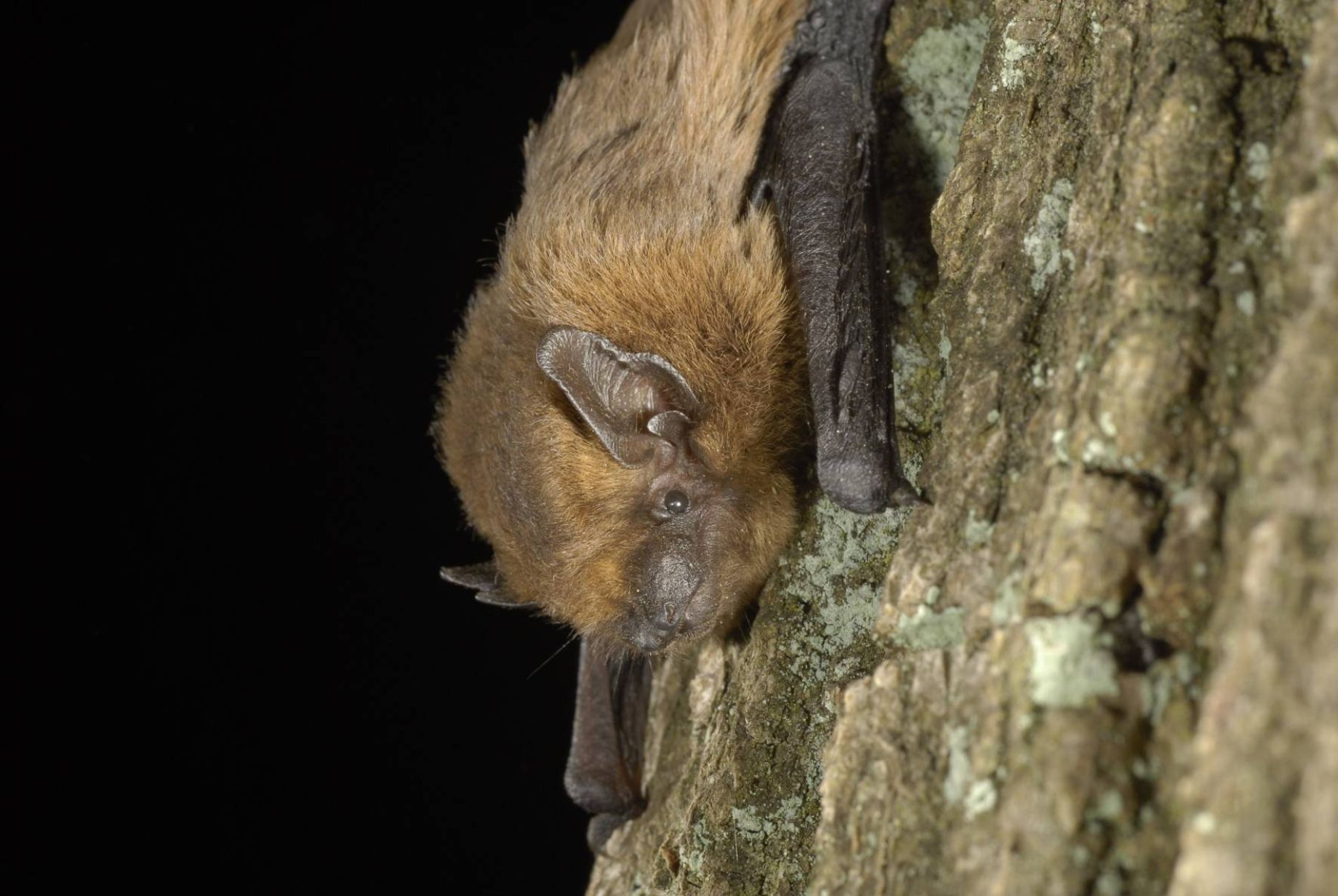To be able to tell as many people as possible about the biological clock, we are developing a public activity and we need help from you. Could you please fill out this short (5 minute) questionnaire? With your answers we can improve and develop the activity further. Thank you very much!
https://leidenuniv.eu.qualtrics.com/jfe/form/SV_bNHeXMW02rqtFQO
Losing the darkness – a Science Special Issue on Light Pollution
Written by bioclock on . Posted in News.
Light is the main Zeitgeber for the circadian clock, of many organisms. The endless exposure to light, including during the nighttime, is disruptive for the function of circadian clocks everywhere in nature. This research is one of the pillars of the BioClock Consortium. Now, in June ’23, the high impact and world-renowned journal of Science has published a special issue on this topic: Light pollution.
We are unable to share the papers here, but are definitely...
Chronobiology meets sleep: from animal to human research – Spring Symposium
Written by bioclock on . Posted in News.
On May 9th, 2023, the Dutch Society for Sleep-Wake Research organizes a symposium titled ‘Chronobiology meets sleep: from animal to human research’.
The symposium will take place Tuesday the 9th of May from 13:00- 18:00 PM. During the meeting the BioClock founders (Joke Meijer, Laura Kervezee) and other chronobiology researchers will provide a translational perspective on recent and upcoming developments in the field of chronobiology. There will be a panel...
Daylight Saving Time. Stop it.
Written by bioclock on . Posted in News.
Anneloes Opperhuizen
Monday morning, the last weekend of Match, is the start of the first week after Daylight Saving Time has taken place again. At the same time it is the moment we often literally feel that the social clock has shifted an hour. It causes sleep loss of one hour, a sudden change in mealtimes and this shift will take a couple of days to adjust to. It also causes the re-introduction of the discussion: why are we still doing this? And what if we were to quit, what...
One-year update by Hannah: are effects of light pollution equal for a caterpillar, moth and bird?
Written by bioclock on . Posted in News.
PhD candidate Hannah Broeckx provides us with an update of her first year.
Insect-predator interactions in the spotlight
By Hannah Broeckx
I am one year into my research on the effect of artificial light at night (ALAN) on insect-predator interactions. What an interesting process it has been so far!
ALAN has been shown to impact organisms in a variety of ways. Through species interactions, these effects can cascade throughout the whole ecosystem, amplifying the total...
One-year update: Evelien studies the effects of light at night on plants
Written by bioclock on . Posted in News.
PhD candidate Evelien Castrop has started a year ago on her project in which she studies plants; the base of all ecosystems. Are they affected by nocturnal artificial light? She wrote us an update:
“The Luminescent Landscape: Understanding the Impact of Artificial Light on Plants”
by Evelien Castrop
Is ALAN changing the way our wild plants grow? If so, then how? The project I have been working on for the past year focuses on investigating the effect of artificial...
One-year update: Sander on understanding the urban bat
Written by bioclock on . Posted in News.
PhD candidate Sander Buddendorf has worked for the past year on his project to understand the bats in urban environments. Are they affected by nocturnal light exposure? That is what he tries to find out in his project. An update on his first year.
Understanding the urban bat
By Sander Buddendorf
The bat is a mysterious flying nocturnal mammal. Many people I talked to in the “field” – in major Dutch cities such as Rotterdam and The Hague – come to me and tell me about bats...

